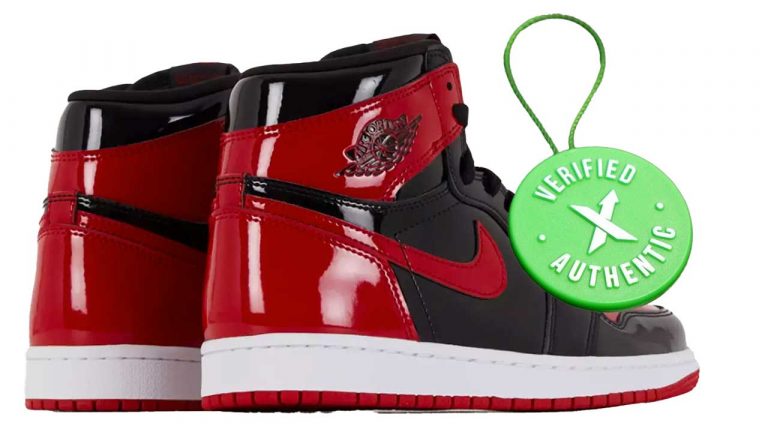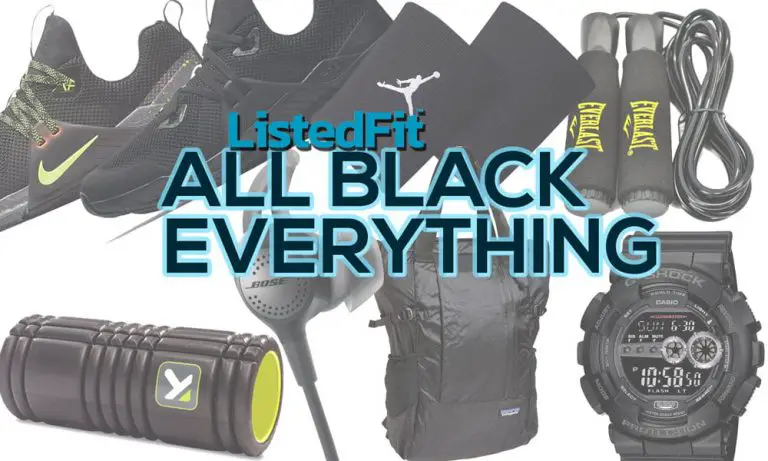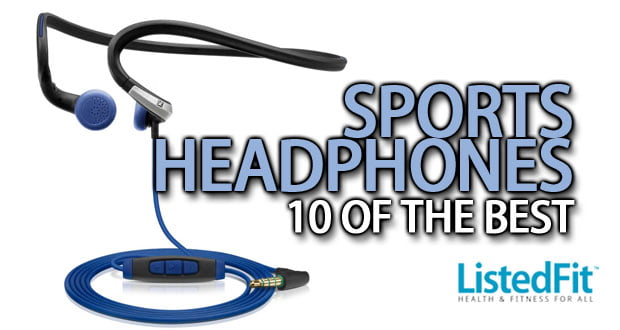Maximize Your Gains: The Best Muscle-Building Foods You Need in Your Diet
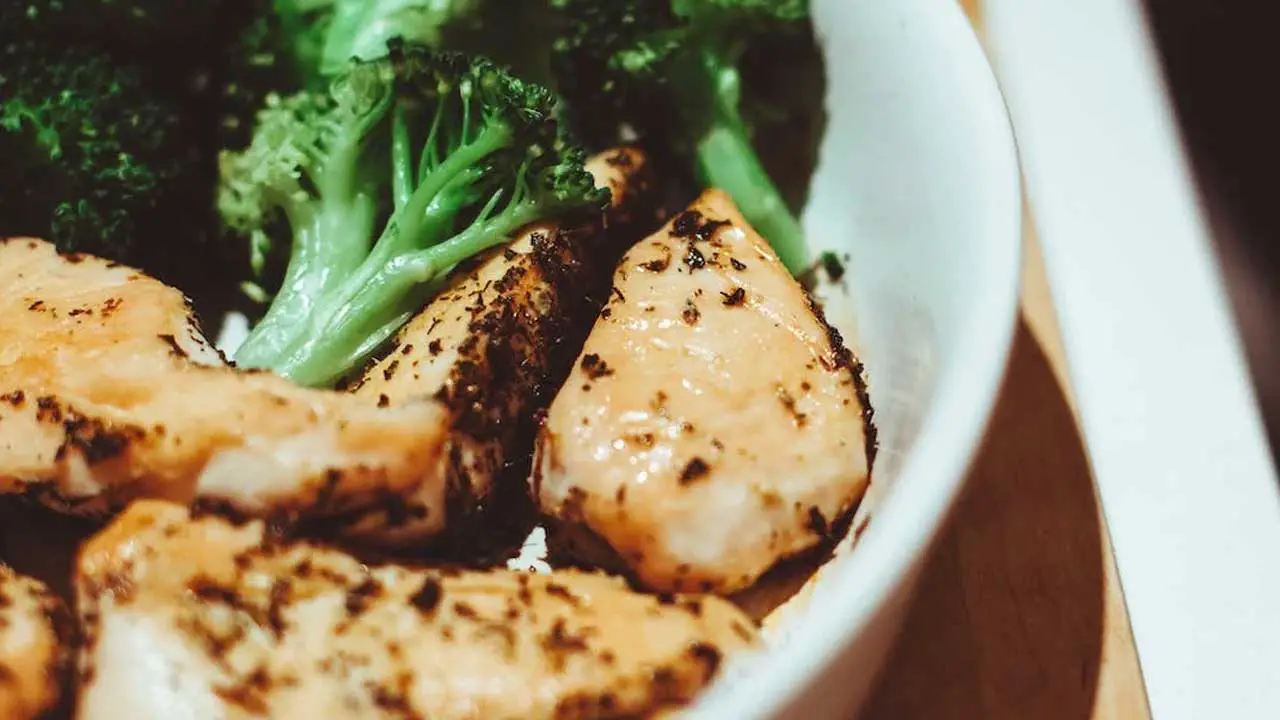
ListedFit is reader-supported. When you buy through links on our site, we may earn a small commission.
If you’re looking to build muscle and achieve a lean physique, nutrition plays a critical role. Choosing the best muscle-building foods to both fuel your workouts and recovery can make all the difference in your progress.
In this guide, we will dive into the best muscle-building foods that you should be incorporating into your diet to achieve your goals.

Table of Contents
Protein-Packed Powerhouses

When it comes to the best muscle-building foods, protein is always the first consideration, and rightly so.
Protein is the building block of all muscle, so it’s essential to include plenty of protein-rich foods in your diet.
Some of the best sources of protein for building muscle include:
- Lean cuts of meat, such as chicken breast, turkey, and lean beef
- Fish, such as salmon, tuna, and halibut
- Eggs, both the whites and yolks
- Dairy products, such as Greek yogurt and cottage cheese
- Plant-based proteins, such as tofu, tempeh, and lentils
It’s recommended to aim for 1-1.6 grams of protein per kilogram of body weight per day to support muscle growth.
Carbohydrates for Energy
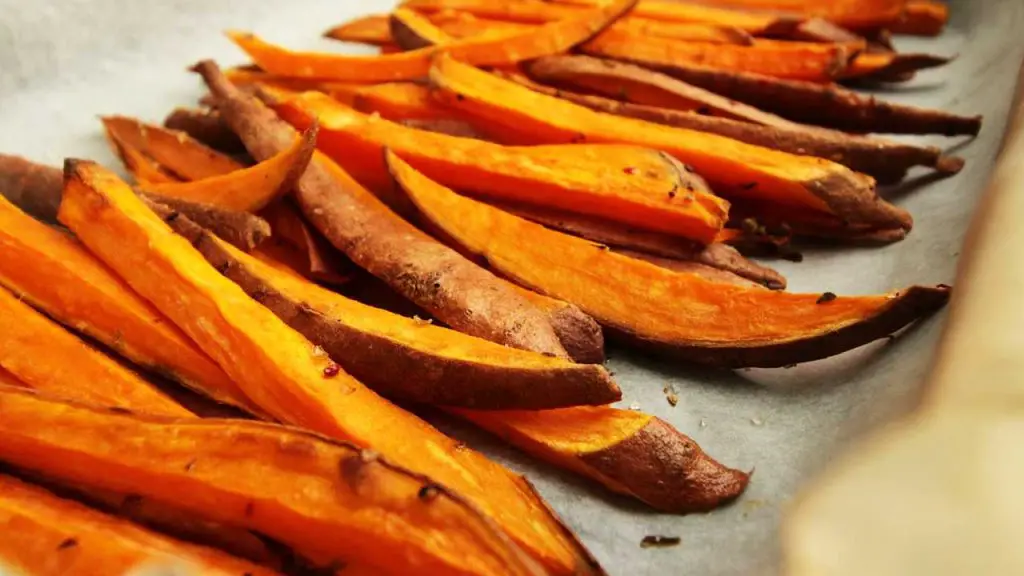
Carbohydrates are an important source of energy for intense workouts, and they also play a role in recovery and muscle building. Complex carbohydrates, such as whole grains, fruits, and vegetables, are the best options for sustained energy.
Examples of complex carbohydrates include:
- Brown rice
- Quinoa
- Sweet potatoes
- Oatmeal
- Fruits, such as bananas, apples, and berries
- Vegetables, such as leafy greens, carrots, and bell peppers
Fats for Absorption and Growth
Fats play a crucial role in hormone production and absorption of essential vitamins and minerals. Incorporating healthy fats into your diet, such as monounsaturated and polyunsaturated fats, can also aid in muscle growth.
Some of the best sources of healthy fats include:
- Avocados
- Nuts and seeds, such as almonds, chia seeds, and flaxseeds
- Olive oil
- Salmon and other fatty fish
- Coconut oil
Hydration for Optimal Performance
Staying hydrated is crucial for optimal performance and muscle recovery. Dehydration can lead to decreased strength, endurance, and impaired muscle function. Aim to drink at least 8-10 cups of water per day and even more on days when you are working out.
Meal Planning for Maximum Muscle Gain
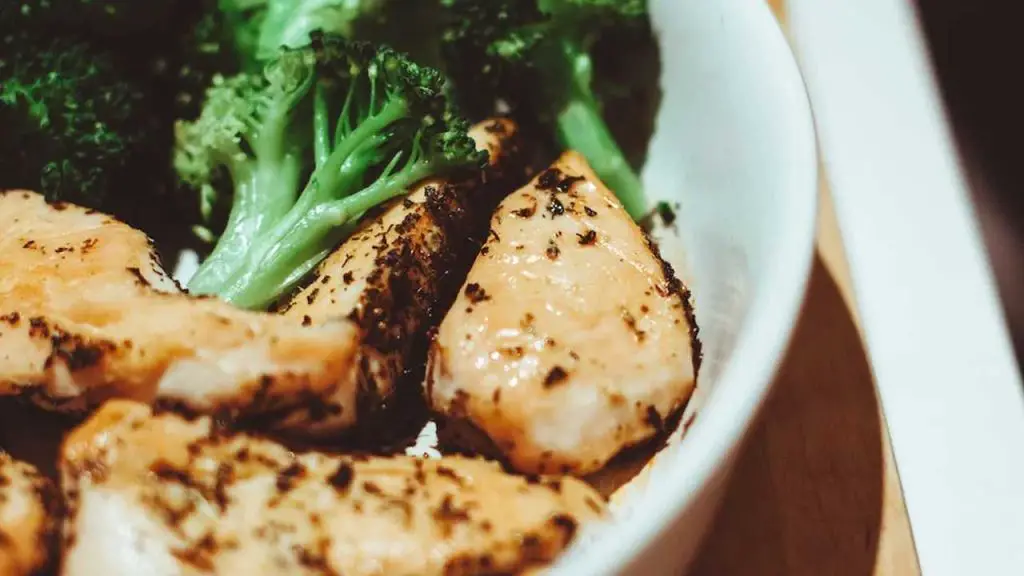
Incorporating the right mix of protein, carbohydrates, and healthy fats into your meals is essential for building muscle. Here is an example of a well-balanced muscle-building meal:
- Grilled chicken breast
- Brown rice
- Steamed vegetables
- Avocado
By following these nutrition guidelines, you’ll be well on your way to building the muscle you desire. Remember, consistency is key and it’s important to fuel your body with the right nutrients before and after your workouts.
The key to building muscle and achieving your fitness goals is to fuel your body with the right nutrients. Incorporating protein-rich foods, complex carbohydrates, healthy fats, and staying hydrated will support muscle growth and recovery.
By following these nutrition guidelines, you’ll be able to achieve the physique you desire in no time. Don’t forget to plan your meals ahead of time and be consistent with your nutrition and exercise regimen. And always remember to listen to your body and make adjustments as needed.
Supplements for Muscle Building
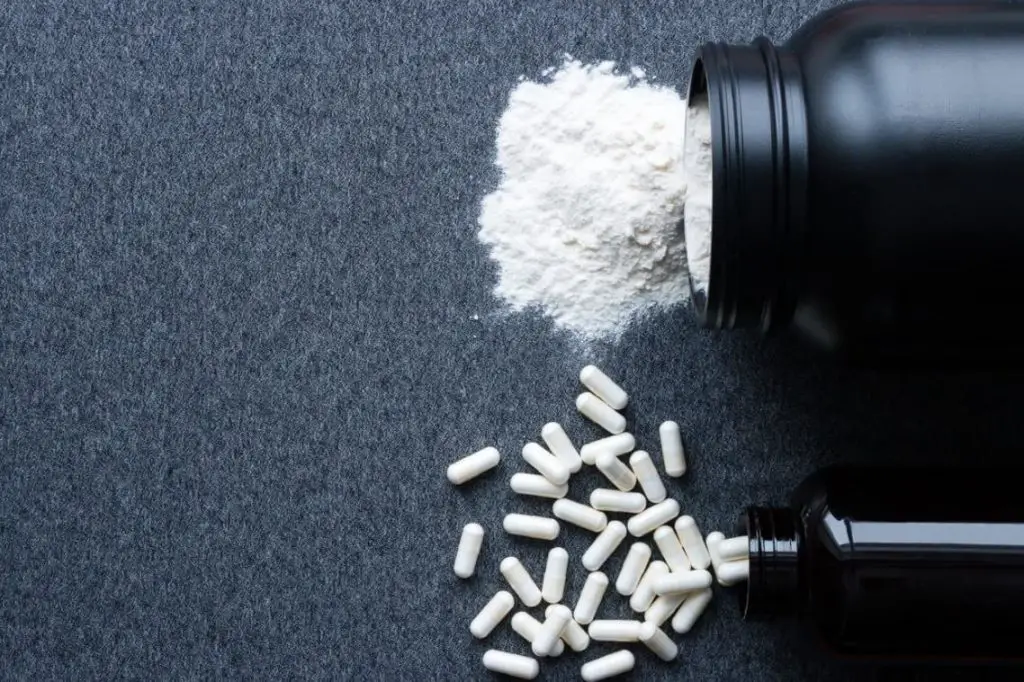
In addition to a balanced diet, certain supplements can also support muscle growth and recovery. However, it’s important to note that supplements should never replace a healthy diet, but rather be used to supplement it.
Creatine
Creatine is a naturally occurring substance in the body and is also found in some foods, such as red meat and fish. It helps to increase energy production and improves overall performance during high-intensity exercises. Creatine supplementation has been shown to increase muscle strength and size, making it a popular supplement among bodybuilders and athletes.
Branch Chain Amino Acids (BCAAs)
BCAAs are essential amino acids that the body needs to build and repair muscle tissue. These amino acids can help to reduce muscle soreness and fatigue, and also enhance muscle protein synthesis. BCAAs are often consumed in supplement form, but they can also be obtained from foods such as chicken, beef, and eggs.
Whey Protein
Whey protein is a high-quality protein supplement derived from milk. It’s a fast-acting protein that is easily absorbed by the body, making it ideal for post-workout recovery. Whey protein has been shown to increase muscle mass, improve strength, and aid in recovery.
Conclusion
The best way to build muscle is to combine good nutrition, exercise and adequate rest and recovery. But it all starts with nutrition and ensuring you are getting the right types of foods in your diet and using supplements where necessary. If you do this consistently, you will reach your muscle-building goals. Just be sure to listen to your body.
Author
- Danny Loeb is a qualified Personal Trainer, Fitness Model and Writer. He enjoys blogging about health and fitness, messing around with Photoshop, and sharing his experiences with everyone.
Latest entries
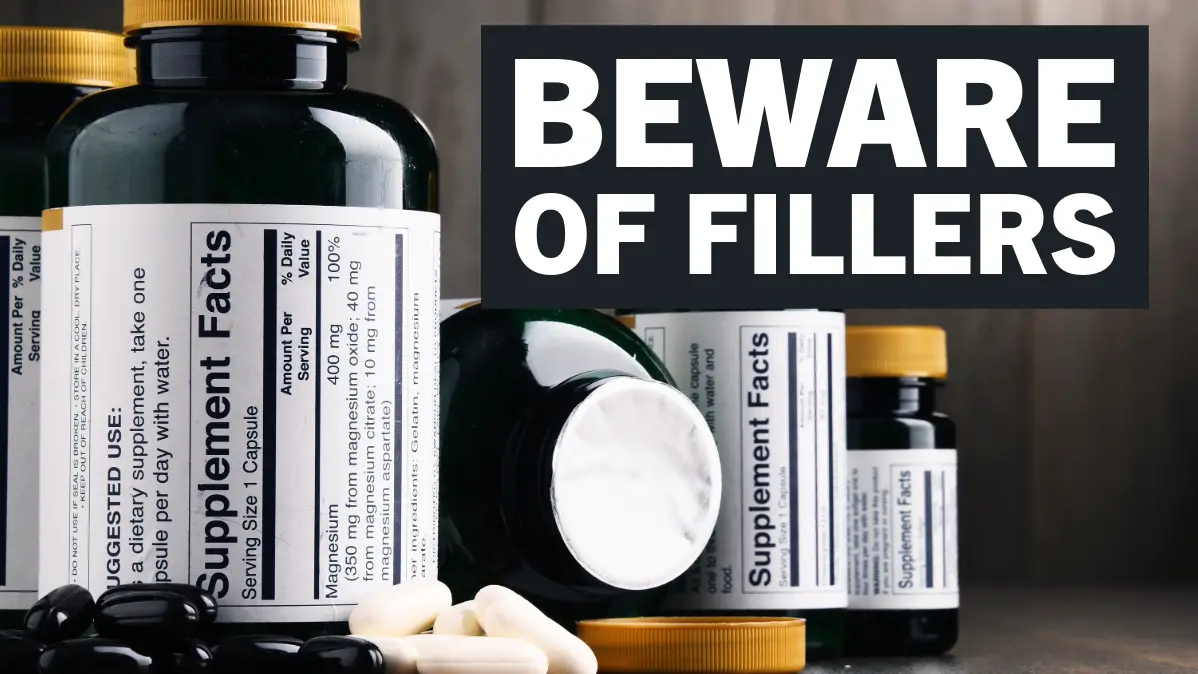 NutritionFebruary 6, 2024What Are Fillers in Supplements? – Unveiling Inactive Ingredients
NutritionFebruary 6, 2024What Are Fillers in Supplements? – Unveiling Inactive Ingredients FitnessAugust 23, 2023Best Post-Workout Foods: Great Ideas for Recovery and Results
FitnessAugust 23, 2023Best Post-Workout Foods: Great Ideas for Recovery and Results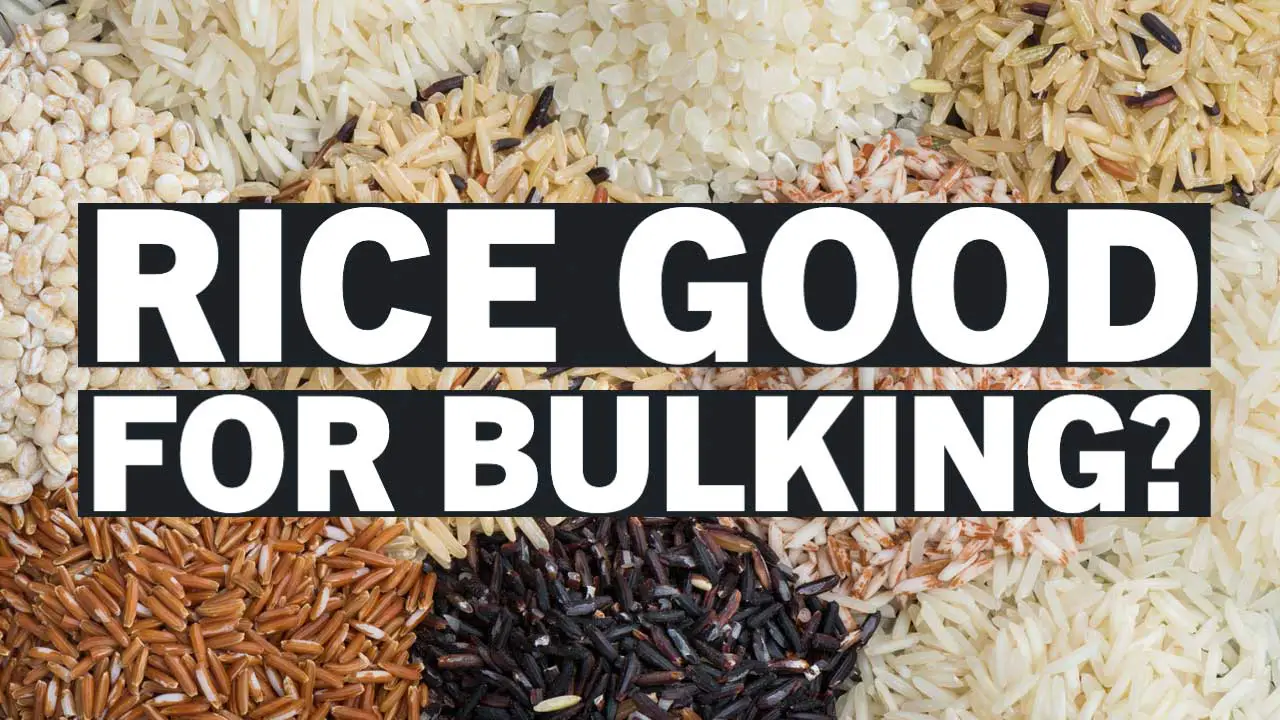 BulkingJuly 26, 2023Is Rice Good for Bulking? Unveiling the Truth
BulkingJuly 26, 2023Is Rice Good for Bulking? Unveiling the Truth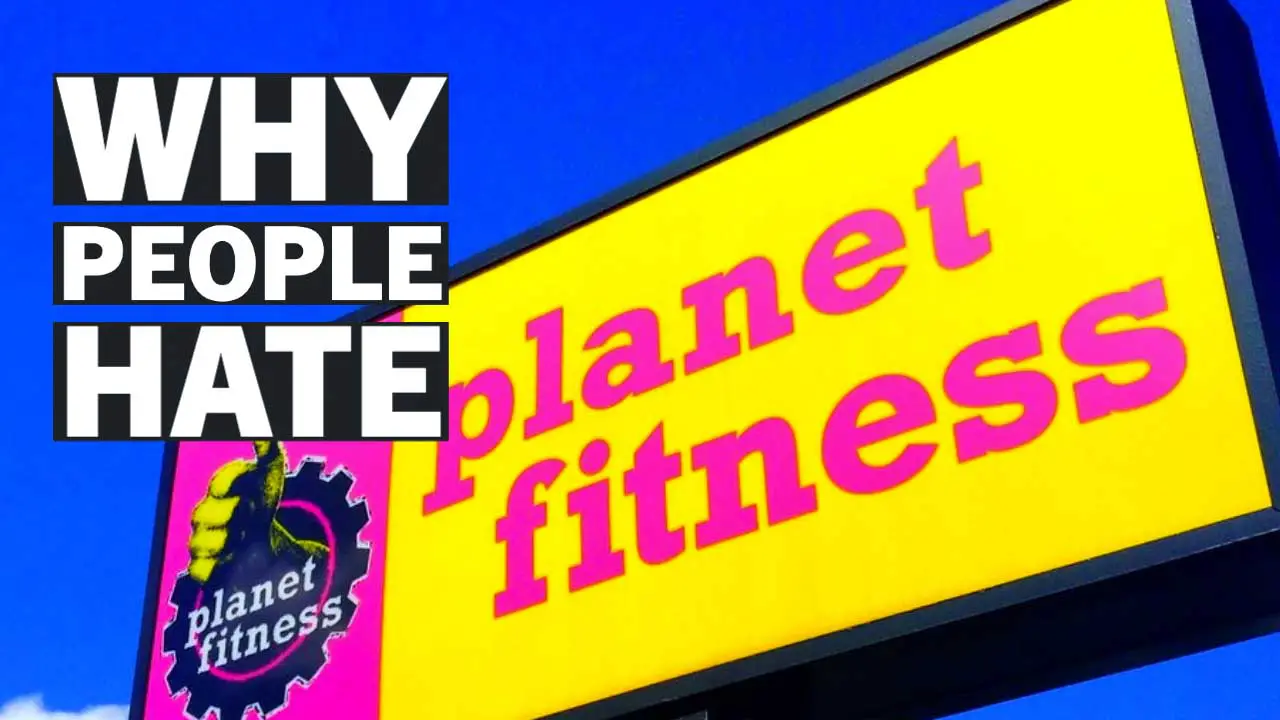 CultureJuly 15, 2023Why Do People Hate Planet Fitness? Read This Before You Join!
CultureJuly 15, 2023Why Do People Hate Planet Fitness? Read This Before You Join!
Affiliates:
This post may contain affiliate links that at no additional cost to you, the site may earn a small commission. We only recommend products we would use ourselves and all opinions expressed on this site are our own.
General Advice:
The information provided in this article is for general informational purposes only. It is not intended as a substitute for professional advice. Always consult with a qualified healthcare professional before starting any new diet, exercise program, or making changes to your health routine.
Accuracy Advice:
While we strive to provide up-to-date and accurate information, the content in this article may not reflect the most current research or medical guidelines. We encourage readers to do further research and consult with professionals for more personalized advice.
Our Recommendations:
The products and services mentioned in any of our articles are recommended based on our independent research and personal experience. We are not sponsored by any company. We aim to suggest products and services we believe are of high quality and could be beneficial to our readers.




